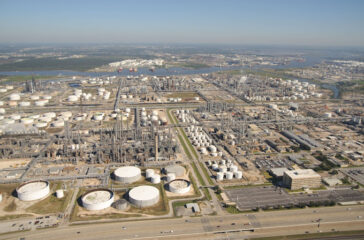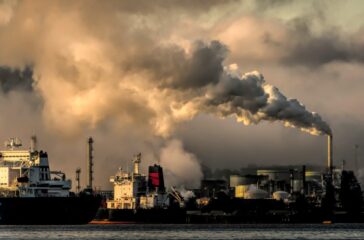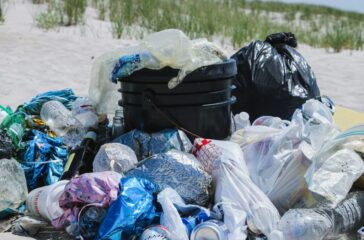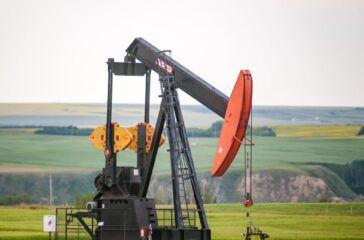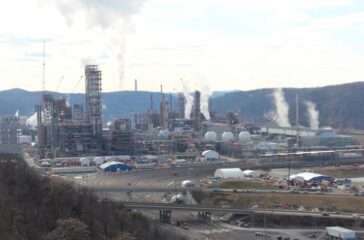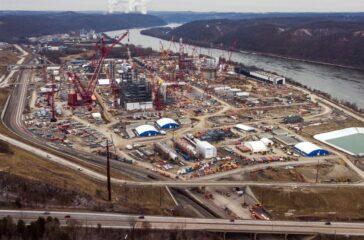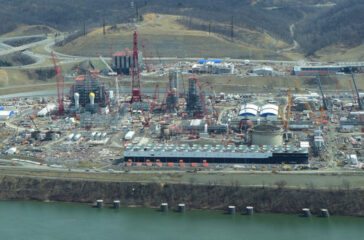Citing “catastrophic climate effects,” Maine joins in litigation against oil companies
By Dana Drugmand
Maine on Tuesday became the latest government entity to bring legal claims against several major oil and gas companies, alleging the companies and their chief trade association, the American Petroleum Institute, have deliberately misled the public about the climate consequences of burning fossil fuels.
 EWG
EWG
